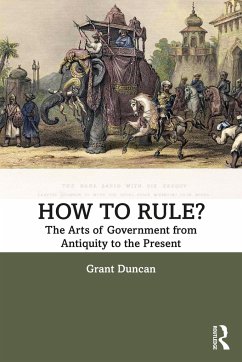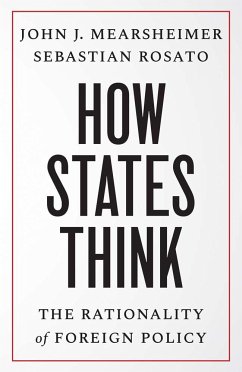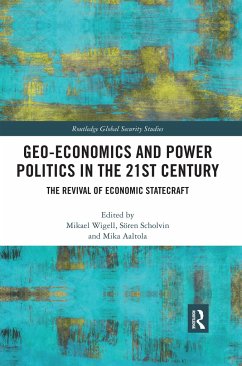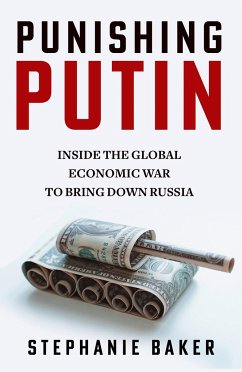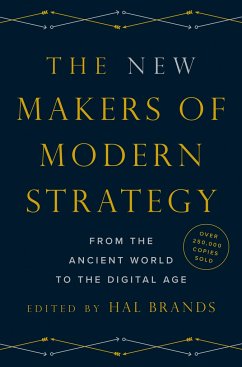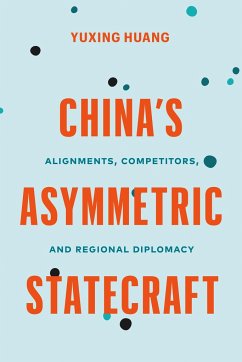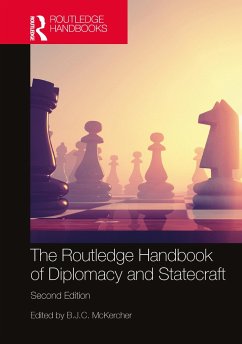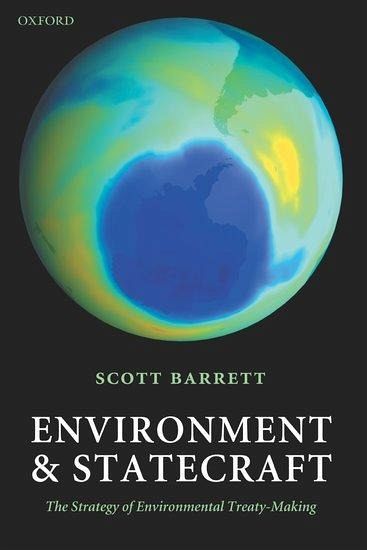
Environment and Statecraft
The Strategy of Environmental Treaty-Making
Versandkostenfrei!
Versandfertig in 2-4 Wochen
49,99 €
inkl. MwSt.

PAYBACK Punkte
25 °P sammeln!
The book applies the theory to a number of environmental problems. It provides information on more than three hundred treaties, and analyses a number of case studies in detail. These include depletion of the ozone layer, whaling, pollution of the Rhine, acid rain, over-fishing, pollution of the oceans, and global climate change. The essential lesson of the book is that treaties should not just tell countries what to do. Treaties must make it in the interests of countries to behave differently. That is, they must restructure the underlying game. Most importantly, they must create incentives for states to participate in a treaty and for parties to comply.
How did the Montreal Protocol succeed in protecting the earth's ozone layer? Why will the Kyoto Protocol fail to materially dampen global climate change? Are treaties really needed? This book develops a theory to answer these questions - one that integrates the approaches used in economics, political science, international law, and game theory.



